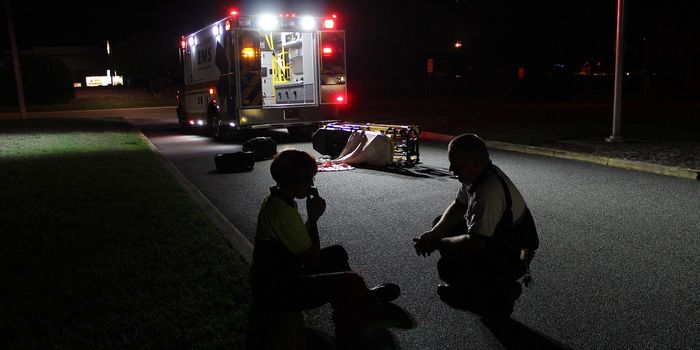The Anti-Obesity Effects of the Cannabinoid-2 Cell Receptor
According to the Journal of American Medicine, more than one-third of US Adults are considered obese. The annual medical cost associated with obesity is estimated to be $147 billion which is $1,429 more than the medical costs associated with people of normal weight. Obesity is often associated with other serious medical conditions including heart disease, stroke, type 2 diabetes and cancer. Now recognized as a serious disease, research efforts to understand and treat obesity have increased significantly.
The endogenous cannabinoid system (ECS) includes a group of cell receptors located throughout the nervous system of humans and other mammals. The ECS helps to modulate physiological processes in the body including appetite, pain, mood and memory. It is also responsible for the psychoactive effects that are related to use of marijuana.
There are two primary receptors involved in the ECS including cannabinoid-1 (CB1) and cannabinoid-2 (CB2). CB1 typically serves as a binding molecule for the active chemical compound in marijuana, tetrahydrocannabinol. CB2 is responsible for binding 2-arachidonoylgylcerol (2-AG) which is also produced by cannabis. Discovery of these receptors have helped provide a molecular explanation for the effects on the immune system that result from use of marijuana.
A group of researchers from various institutions in Australia injected obese mice with the selective CB2 receptor agonist. Obesity was induced in mice by exposing them to a high calorie diet. The impact of chronic CB2 receptor induction on food intake, body weight, plasma metabolites, protein expression in brown fat cells and white fat cells and inflammation was measured.

In obese mice, CB2 significantly given in high doses (10mg/kg) reduced body weight. In lean mice, the treatment significantly reduced food intake after only 1 hour. High doses of CB2 also showed improved lipid metabolism and inflammation in white fat cells as well as a reduction in the size and mass of adipose tissue. Treated mice displayed fewer signs of stress compared to untreated mice when they were placed in a challenge maze. In addition, the treatment was shown to have no effect on mouse mobility during a forced swim test.
The authors concluded that the treatment injection of CB2 receptor agonists is able to reduce body weight and metabolic factors involved in obesity without altering mood or behavior in mice. Side effects regarding CB2 agonist treatment have been reported, including an association with alcoholism in humans and slow/sluggish sperm cells in animal models. These side effects as well as other potential side effects need to be further addressed. Given these results, the use of CB2 receptor agonists for treatment of obesity has great potential.
Sources: PLOS ONE, Centers for Disease Control and Prevention, Journal of American Medicine; Deutsches ?rzteblatt International.








